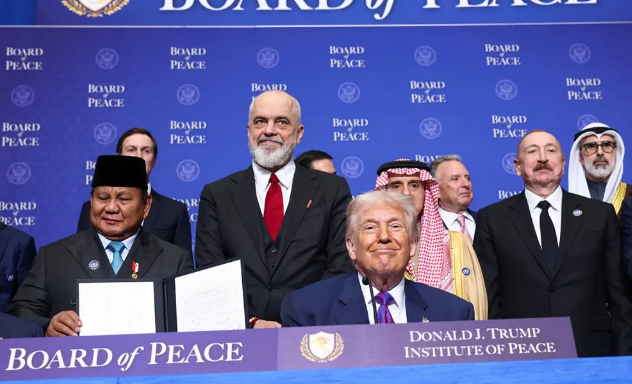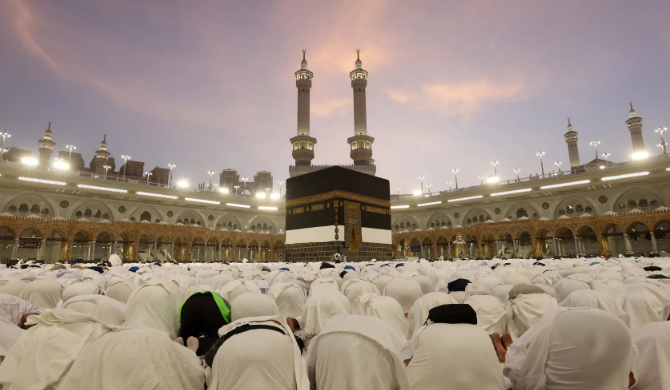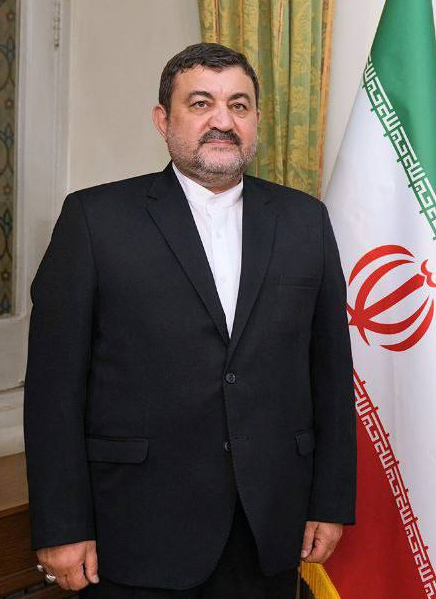
Indonesia’s President Prabowo Subianto used his first UN speech as head of state to present Indonesia as a nation ready to take on greater responsibility in world affairs. He spoke about peace in conflict zones, pledged troops for UN missions, and called for more inclusive global governance. His remarks on Palestine and Israel drew the most attention, but the wider message was that Jakarta intends to act, not just observe.
Gaza at the Center
Speaking before the 80th General Assembly in New York, Prabowo pressed world leaders to treat the war in Gaza as an urgent priority. He described the destruction as a “humanitarian catastrophe” and said history would judge those who failed to act. His core message was clear: peace will not come without an independent Palestine.
But he also broke new ground by addressing the other side of the conflict. “We must have an independent Palestine, but we must also recognize and guarantee the safety and security of Israel,” he declared. The remark, unusual for an Indonesian leader, was widely noted abroad.
Conditional Recognition of Israel
Prabowo went further, suggesting a path that has long been off the table in Jakarta’s diplomacy. Once Israel formally recognizes Palestine, he said, Indonesia would be ready to immediately recognize Israel. That conditional offer, if carried forward, could mark a major shift in Indonesia’s foreign policy.
Israeli officials admitted they were “surprised” to hear such language from Jakarta. For Indonesia, the statement signals a willingness to think beyond symbolic solidarity with Palestine and instead play a practical role in resolving one of the world’s most intractable disputes.
Troops and Multilateralism
Unlike many leaders who stop at rhetoric, Prabowo pledged Indonesia would put its resources on the line. He offered to send more than 20,000 peacekeepers under UN mandate to Gaza or other conflict zones, and promised financial backing for such missions. His point was blunt: Indonesia wants to be seen as a contributor to global security, not just a commentator.
The UN speech also reaffirmed Jakarta’s belief in multilateralism. Prabowo told delegates that no nation can feel secure alone and urged reforms that would make international institutions more inclusive. It was an echo of Indonesia’s traditional “free and active” foreign policy, but delivered with a sharper edge.
A Symbolic Closing
Prabowo ended his address with greetings drawn from several religions: “Wassalamu’alaikum warahmatullahi wabarakatuh” from Islam, “Shalom” from the Jewish and Christian tradition, “Om Shanti Shanti Shanti Om” from Hinduism, and “Namo Buddhaya” from Buddhism. The multi-faith sign-off is rare at the UN stage, but it carried clear meaning. Indonesia is home to the world’s largest Muslim population, yet its constitution recognizes six official religions, including Protestantism, Catholicism, Hinduism, Buddhism, and Confucianism. By invoking different blessings, Prabowo projected himself as president of all Indonesians while also signaling to the world that interfaith harmony remains central to the nation’s identity. In a hall often marked by division, it was a quiet but resonant appeal for unity.
Why It Matters
The speech was Prabowo’s first as president on the UN stage, and it revealed a more assertive Indonesia. By linking Palestine’s independence with Israel’s security, and by offering conditional recognition of Israel, he inserted Jakarta into a debate where it has rarely played a central role. Coupled with promises of troops and funding, the message was that Indonesia is prepared to step forward as both a moral and practical actor in global affairs.




